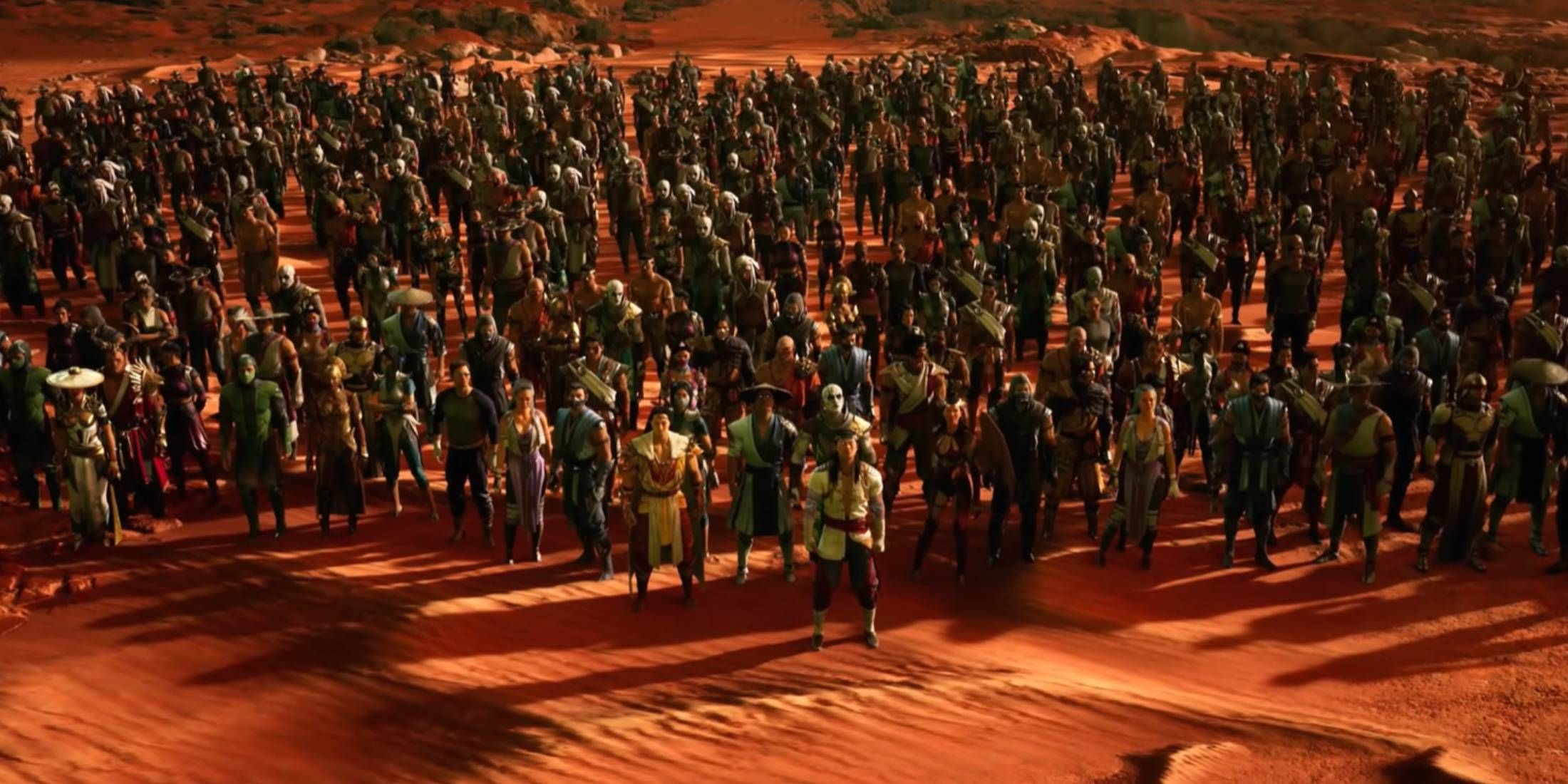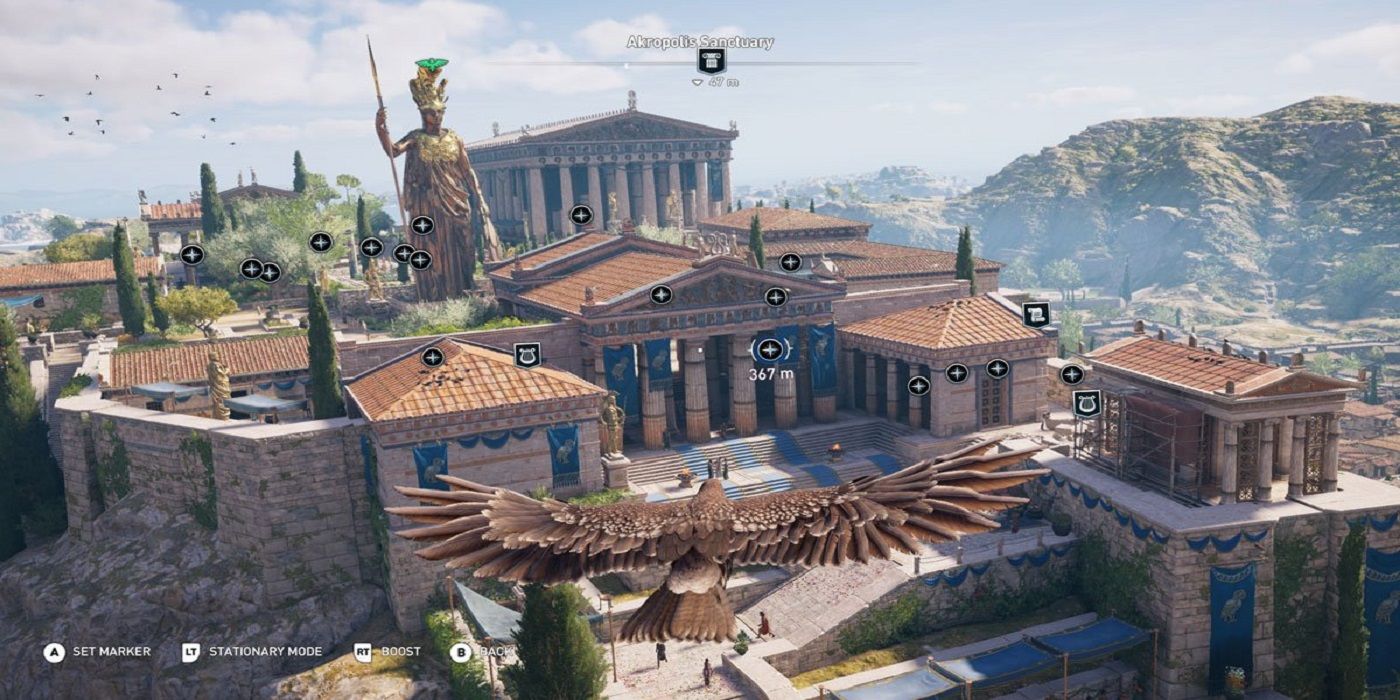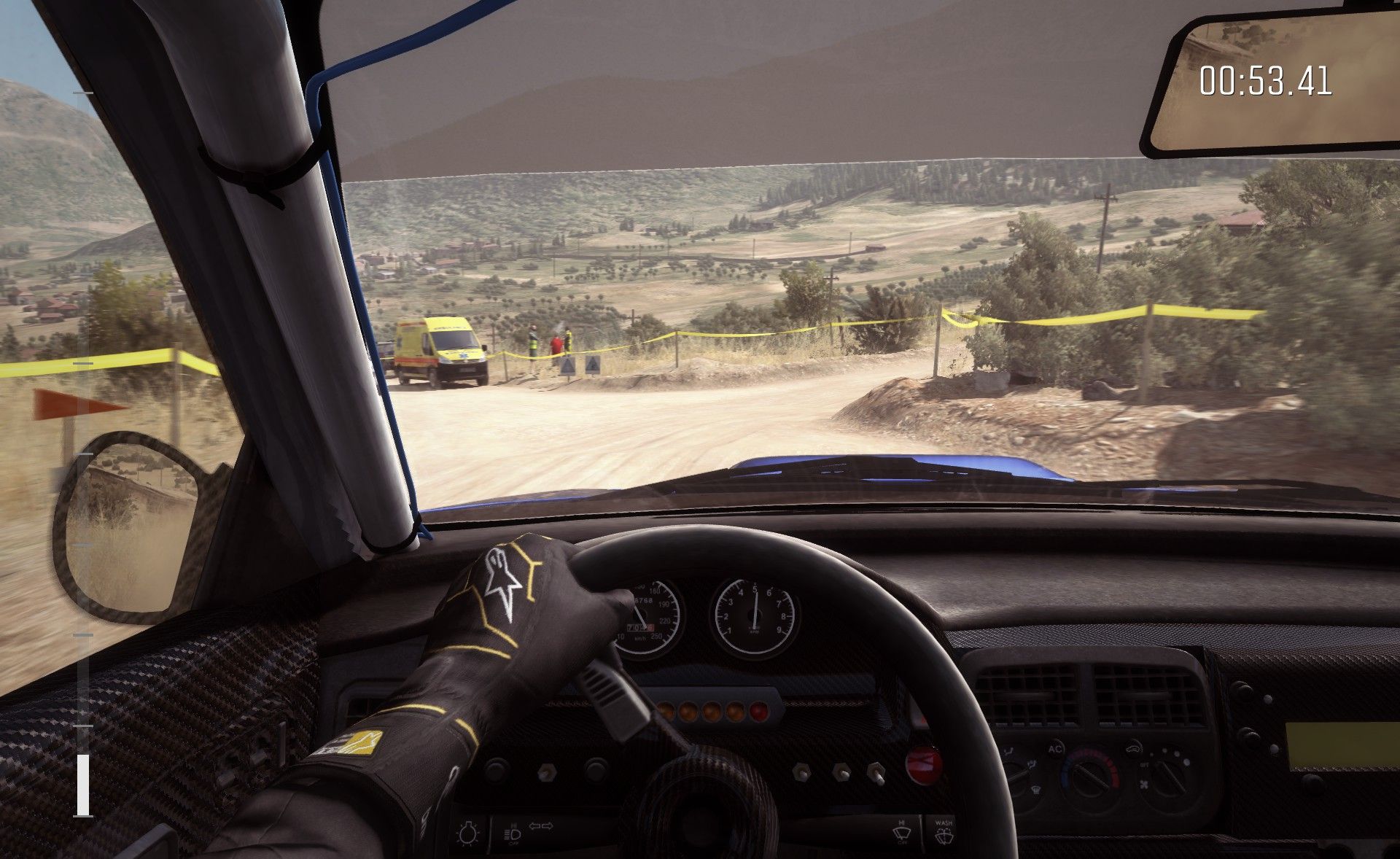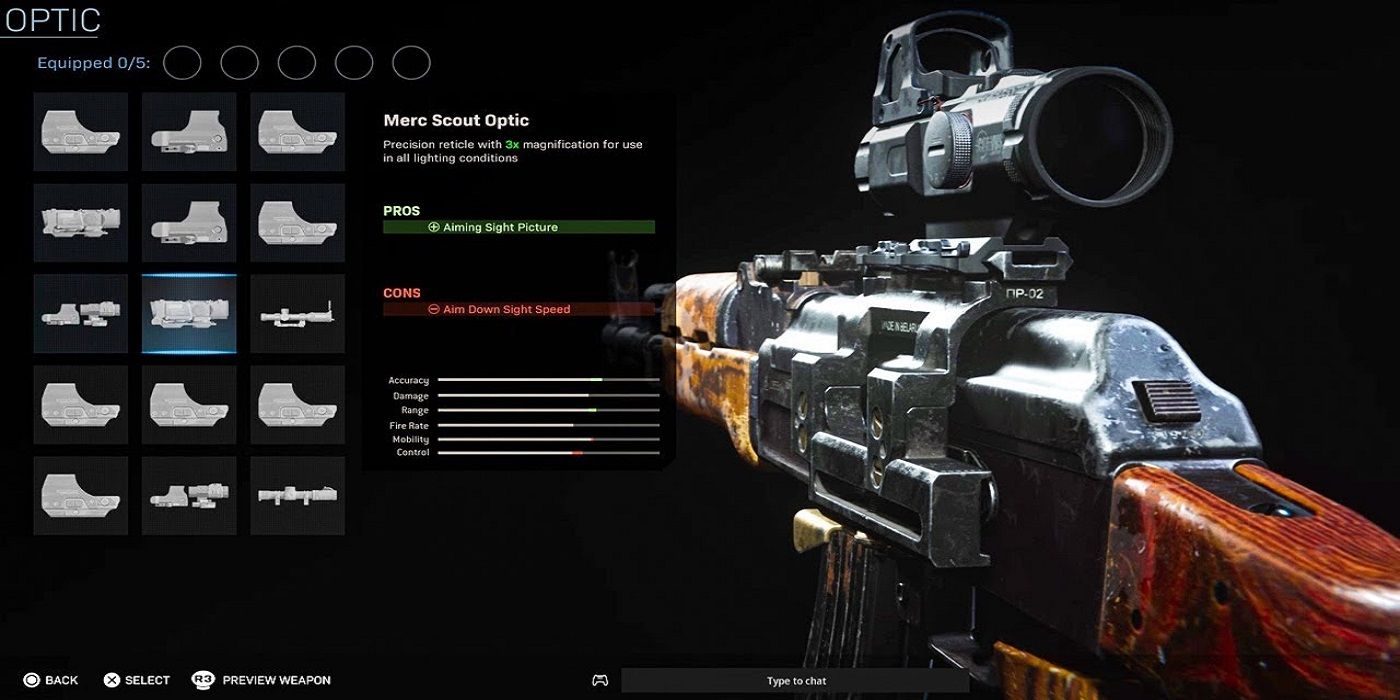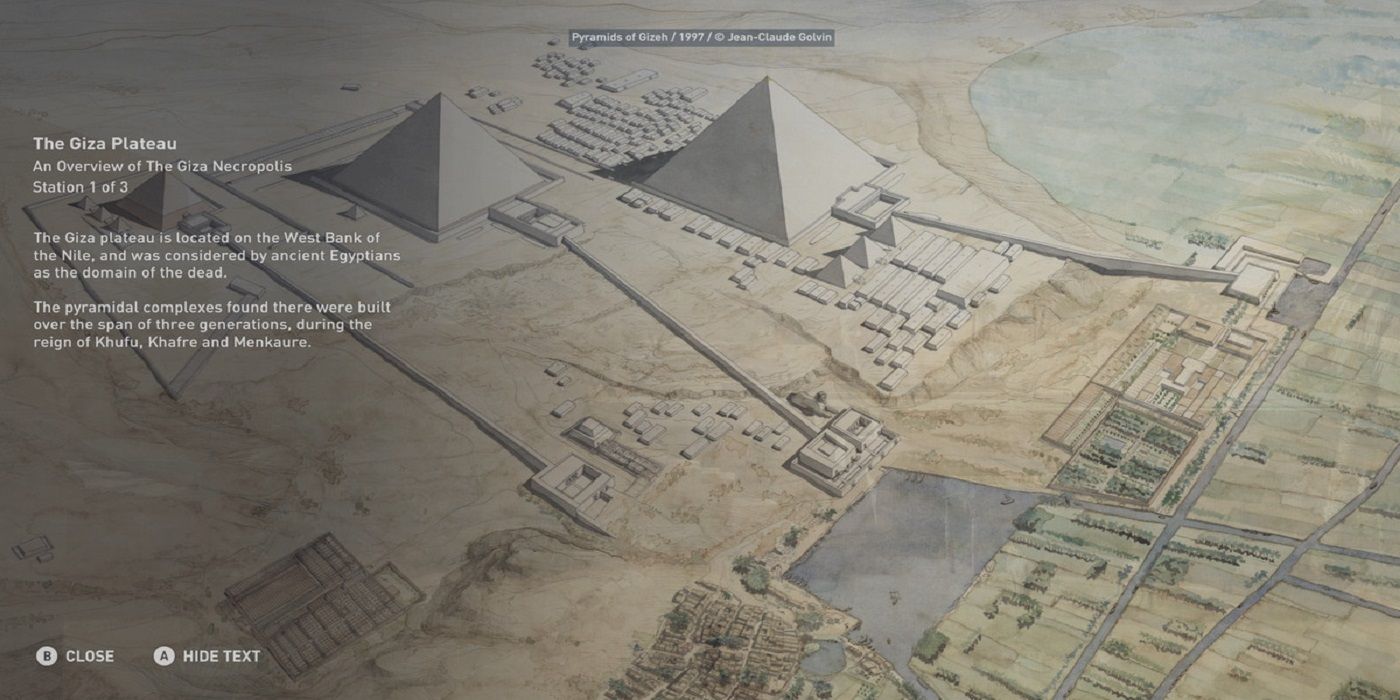What do Call of Duty, Forza, Assassin’s Creed, and Microsoft Flight Simulator all have in common? These are all titles from completely different genres and developers, yet they share some sort of special sauce that makes them far more alike than they might first appear. Yes, they are all very popular, relatively big-budget games with a wide appeal, but they share something deeper and more significant than their commercial success. These are all games that have had the potential to inspire their players to build real-world skills and even start life-long careers.
Some games aspire to be educational, and all games aspire to be fun. However, in recent years there have been several genres and specific titles that blend these two components into something with far more potential than the sum of their parts. These games offer great gameplay based on settings or activities from the real world, but what makes them engaging is the depth that real-world inspiration provides. This depth allows players to engage with experiences that open up the potential for interest in the game to expand into picking up real-world knowledge and skills.
How do Games Teach?
Educational games have long been a staple of boring schoolday afternoons and attempts to get people to improve their typing skills. However, recent years have seen a stark increase in the scale, popularity, and reach of games that seek to educate and inspire. Many early attempts at video games that teach failed to be fun, with the exception of rare gems like Typing of the Dead.
However, people will always seek to learn more about that which they find fun. When the core experience is a fun, entertaining, engaging game, the potential to teach and inspire can be fully realized. Some of the best examples of games that encourage personal growth range from fast-paced shooters like Call of Duty, to action games set in historical settings like Assassin’s creed, to hardcore sims like racing games and Microsoft Flight Simulator.
What is There to Learn?
With the upcoming release of a new Microsoft Flight Simulator in 2020, many flight schools are anticipating a significant uptick in the number of prospective students interested in trying to learn how to fly in real life. In fact, many flight schools and pilot training programs make use of specialized training versions of Flight Simulator in order to give their pilots a chance to practice without the risks or cost of flying a real plane. The realism that Flight Simulator provides gets many people hooked enough to go out and learn how to do the real thing.
Toeing the line between simulation and arcade action are racing games, notably the Forza series. Like Flight Simulator, racing sims can be used by professional drivers to train their reactions outside of an actual course, but the more arcade-style titles also serve to inspire many enthusiasts. There are quite a few people who tune drift cars in real life at the same time as testing out dream builds with the highly-customizable cars of Forza titles.
Call of Duty, on the other hand, certainly makes no attempt at being a simulator. Real soldiers do not leap around at full speed, emptying entire magazines of ammo at opponents, or call in tactical nukes when they get a huge string of frags. However, Call of Duty does put an incredible amount of detail into the customization and accuracy of weapons available in the games, as well as the emotional stories that some Modern Warfare titles deliver.
Not only that, but the stories depicted in some Modern Warfare and Black Ops titles have been based on real military engagements and actual events. This realism led the US military to consult with game developers on possible future military threats. The combination of run-and-gun action combined with just enough realism has also made Call of Duty one of the most successful recruitment tools for the US armed forces, inspiring many young people to join the military.
How is Accuracy Achieved?
Assassin’s Creed is a series that started with a historical setting, but the accuracy and scale of its depictions of the ancient world has only expanded as the series has grown. The incredible amount of research that a triple-A title like Assassin’s Creed can fund has allowed the series to create some of the most stunning— and most genuine— depictions of the ancient world available now.
Working alongside archaeologists and historians has allowed Ubisoft to create replicas of ancient sites that even experts find useful as reference material. In fact, when Notre Dame cathedral burned, the huge amount of material that was used to recreate it in Assassin’s Creed Unity was used in reconstruction efforts.
The Assassin’s Creed Discovery Tours of ancient Egypt and Greece are great examples of the potential of blockbuster games for education. The incredible amount of research done to recreate the ancient world serves to make these extremely popular RPGs a magnificent setting to roam around in, but when the games' recreation is displayed alongside the actual archaeological material that was used for reference, the research gains a huge amount of value as a teaching tool.
Exploring history is one of the great strengths of these titles, and the fact that Ubisoft has recognized the potential of these games to make the ancient world live and breath again provides an inspiring message about the wider impact that games can have. Many archaeologists already attempt to recreate ancient buildings with 3D models because experiencing a recreated location as if one was really there can be crucial to understanding ancient cultures. The tools that game developers have to create artificial worlds are perfectly suited to this kind of task.
Assassin's Creed offers a fun window for exploring the ancient world, but the fact that they are backed up by extensive factual research that can be easily accessed through the Discovery Tours allows people to expand their in-game exploration into more classical types of research and learning.
There are many other games that can easily branch out into real world hobbies and careers. As video games become more ubiquitous in more and more people’s lives, the influence of games becomes greater and greater. Likewise, as games gain larger budgets and technology allows developers to accurately recreate the most exciting aspects of the real world ever more faithfully, the potential for games to introduce people to new passions beyond the realm of play grows. Many of these games did not begin as teaching tools, but their potential to open up avenues for exploration and learning can have incredible results.



